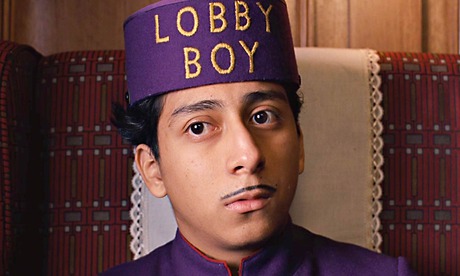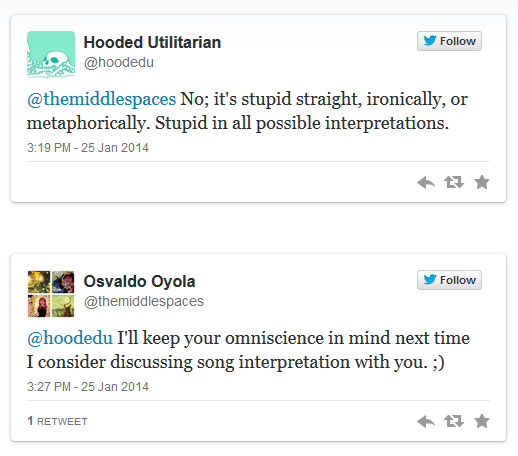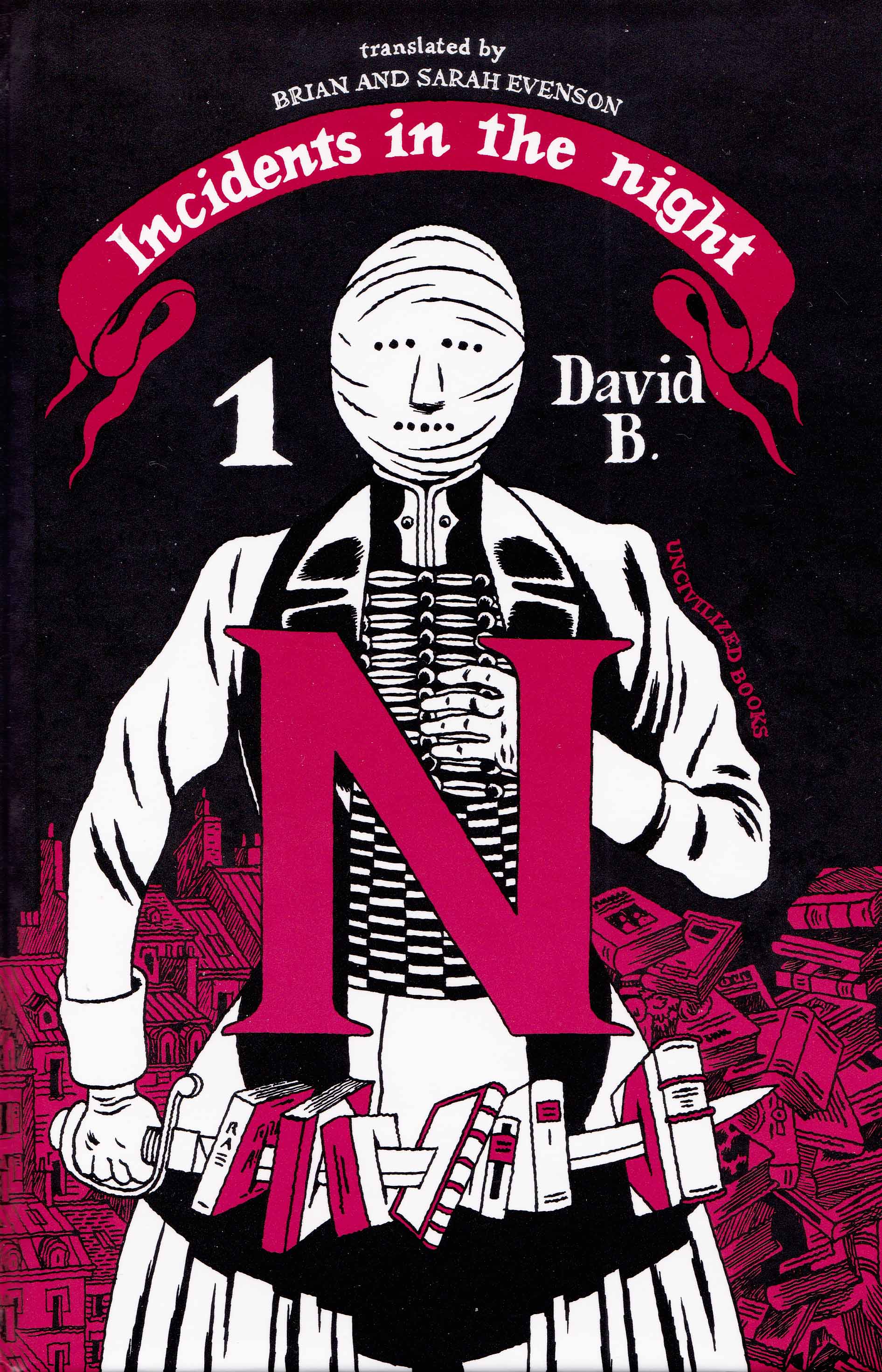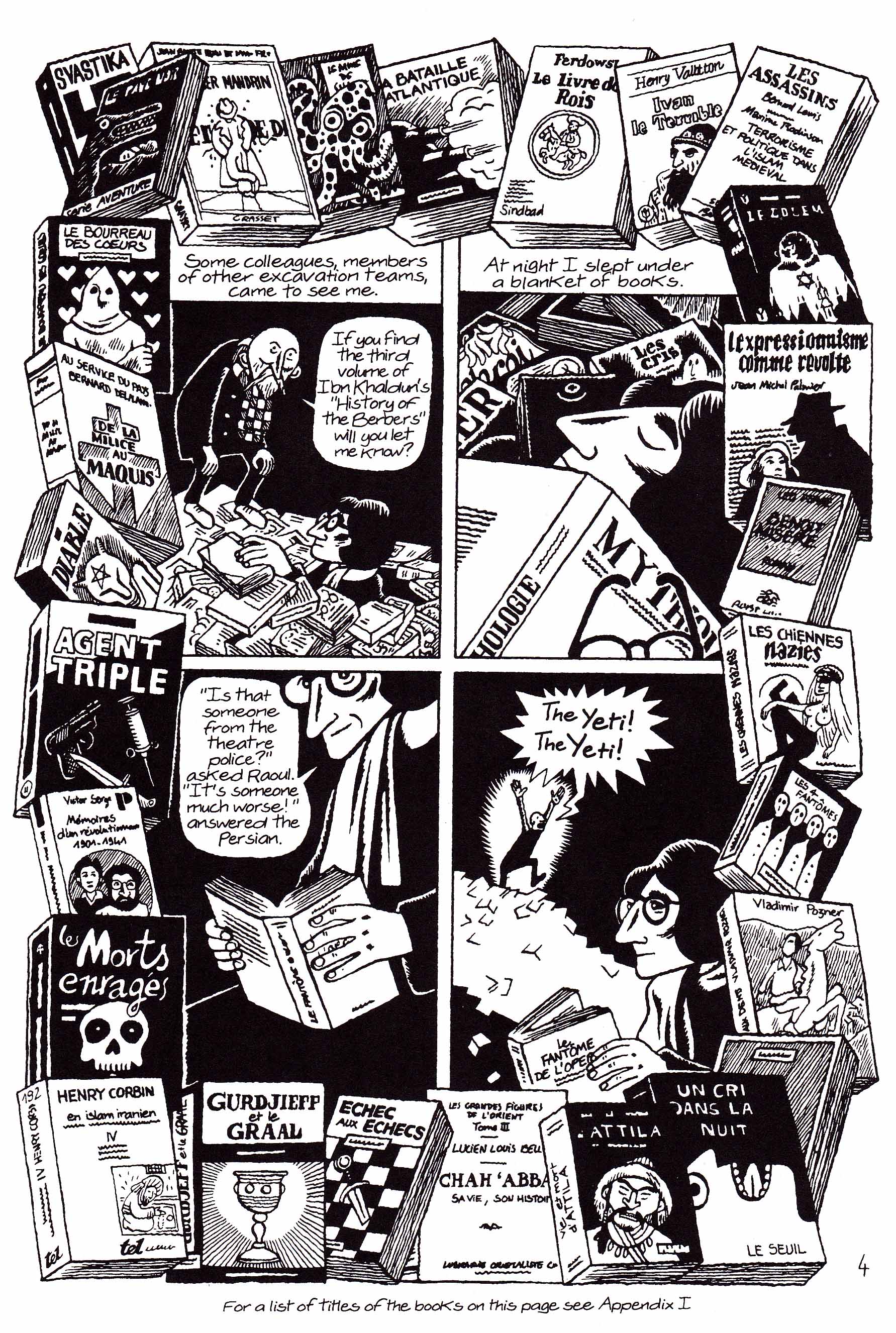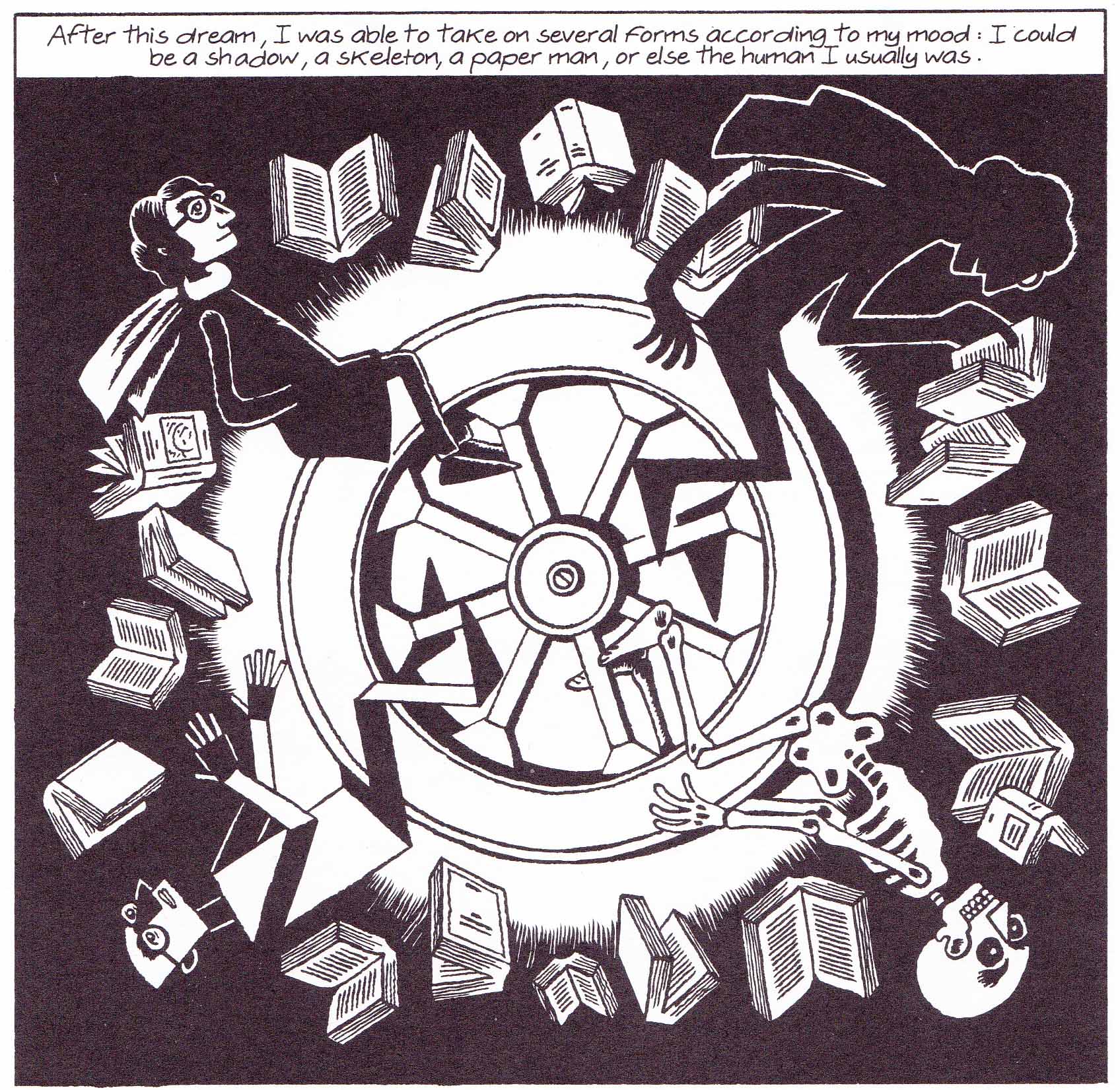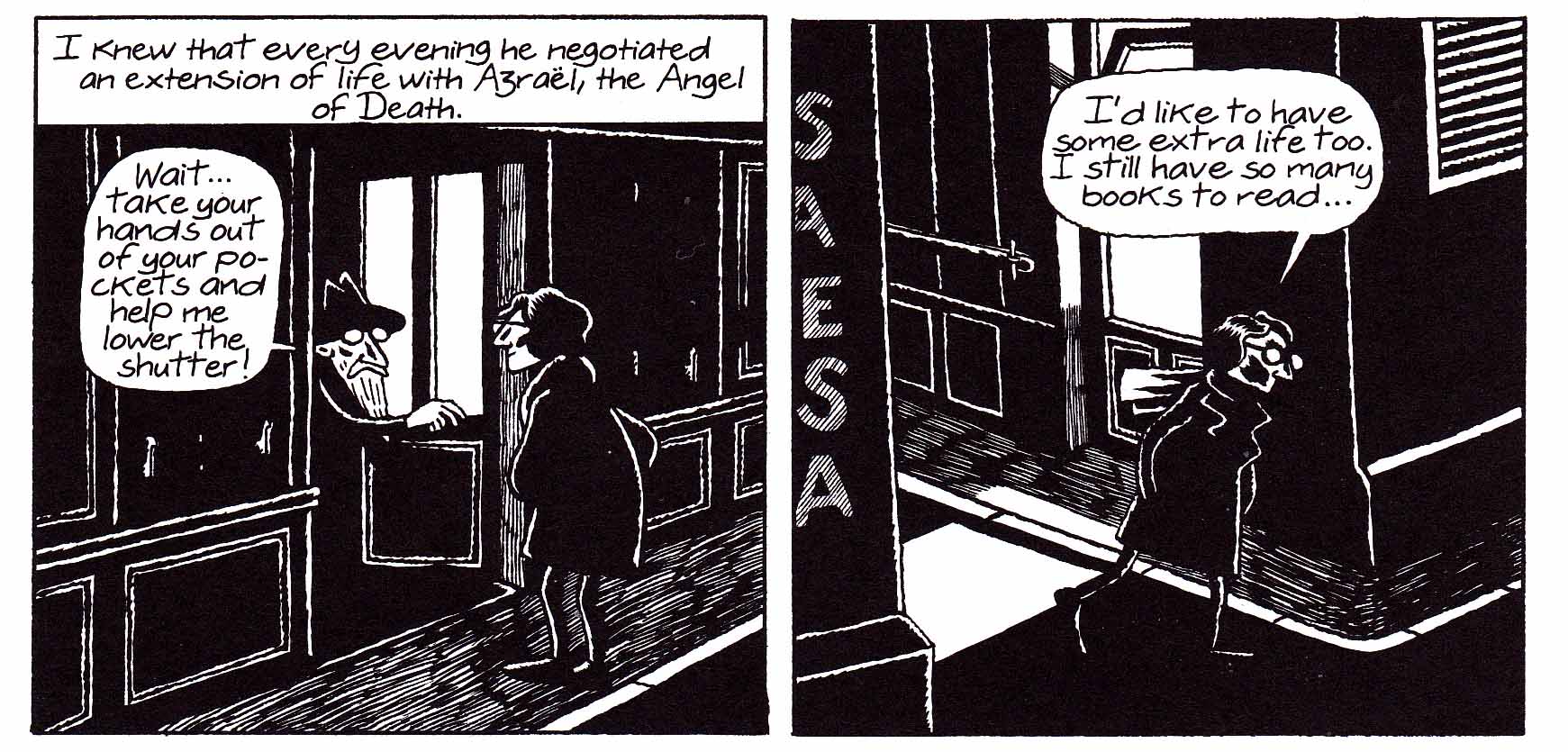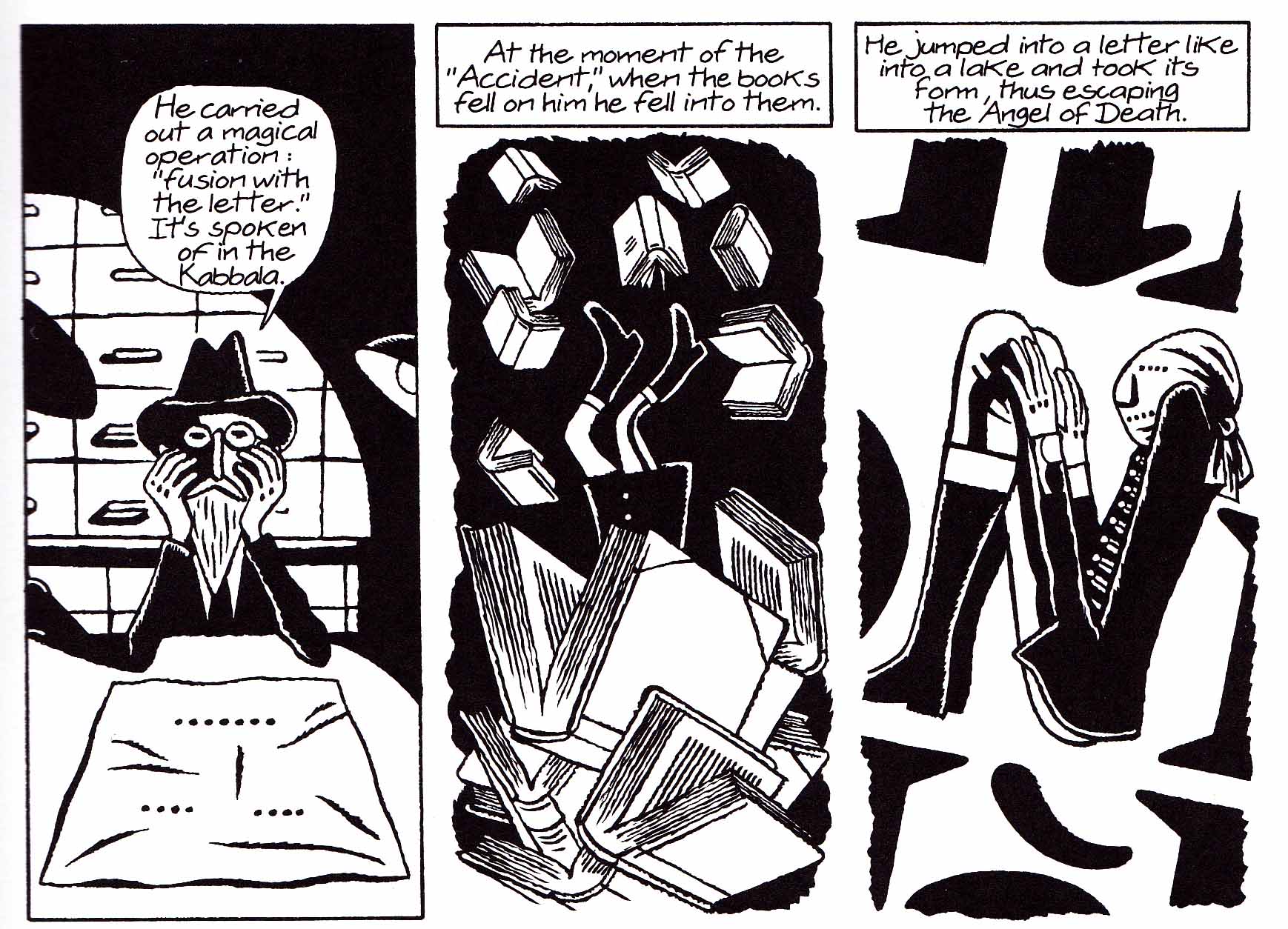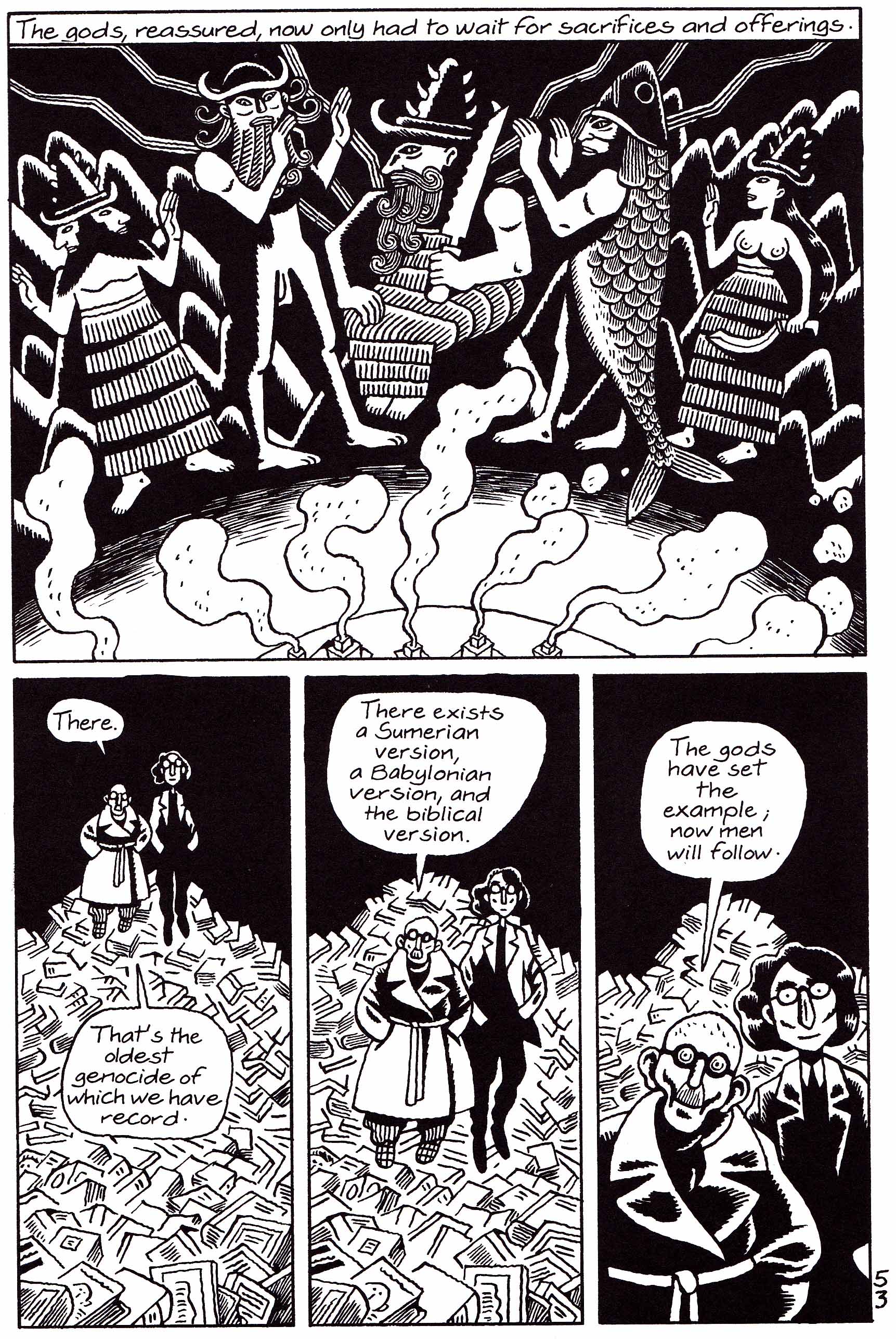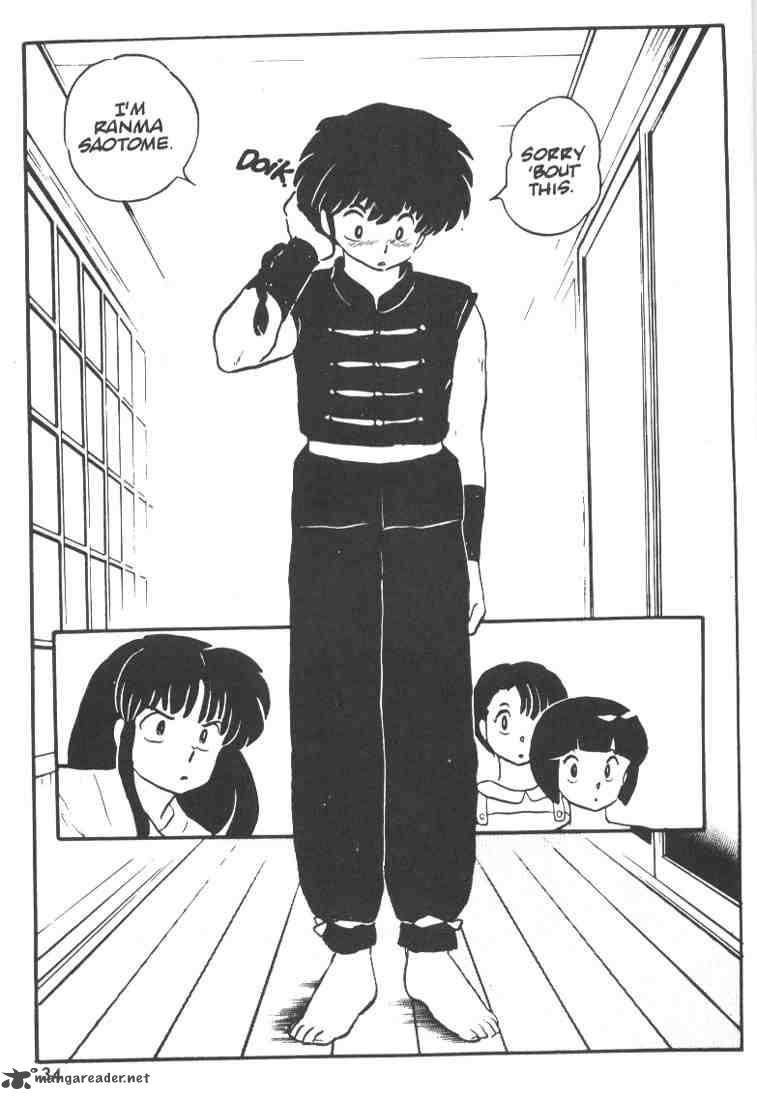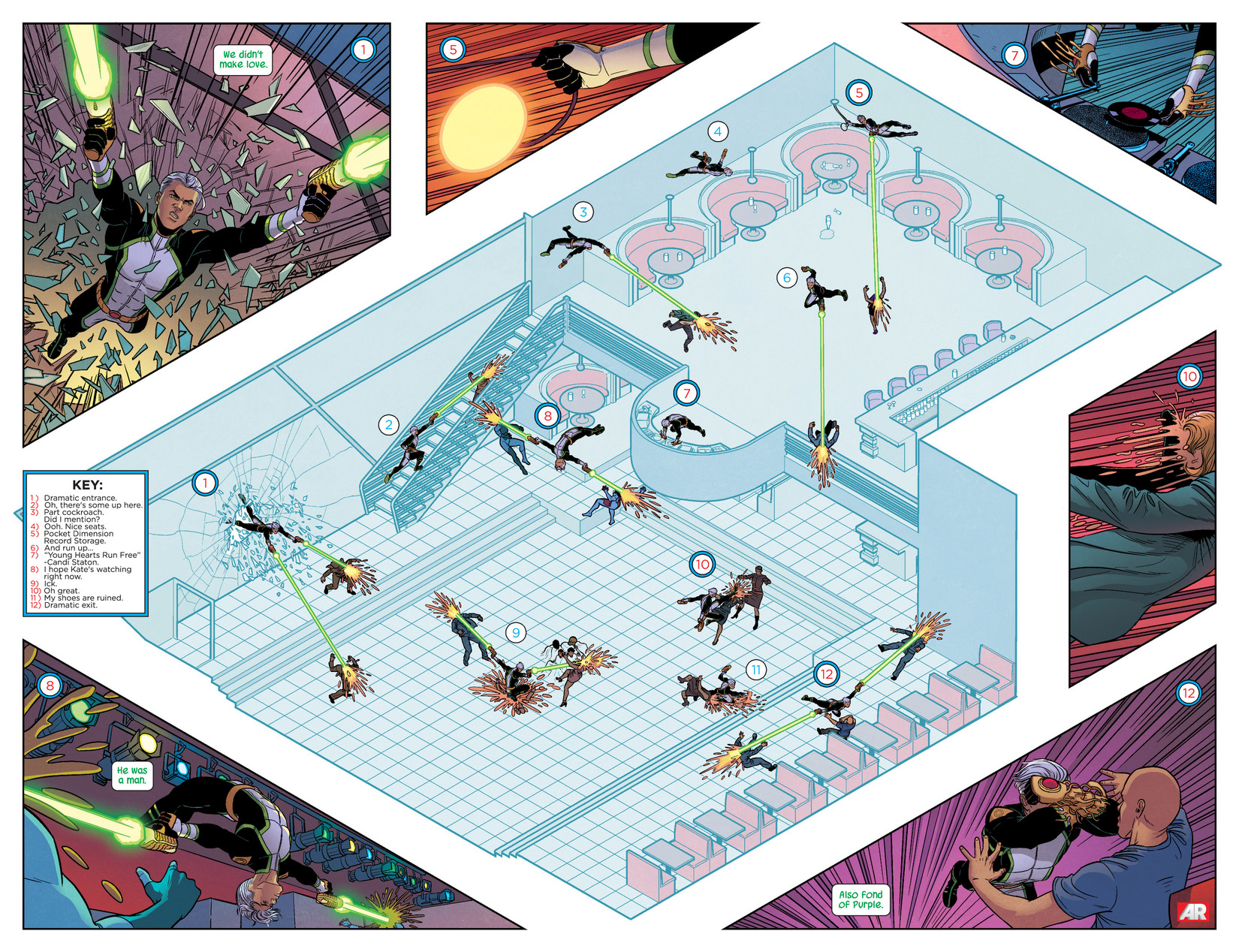Forgive me for thinking that all of Wes Anderson’s movies are about aristocrats. His characters seem rather taken care of, living in manicured homes, and setting forth on boyish adventures that each new film believes in a little bit more than the last. Yet his stories don’t really talk about class, or the tension between classes. It’s a diagetic abandon I’ve loved, perhaps indulgently. No one scurries about trying to hang the mirror just right, before the lord of the house enters. His heroes are inventive and not a little cultured, implying that they may have decorated the house themselves- or maybe that they are really just a extensions of the interior design.
Anderson’s most recent film, The Grand Budapest Hotel, is the first that permits the alternative, and chances a glimpse of a world outside the parlor rooms. More remarkably, it centers on the exploits of two characters responsible for the upkeep of a luxury hotel in Eastern Europe, threatened by a sort of World War II. Which means that the film is partly about service, and the workers who construct the clean, rosy fetishes that have become synonymous with Wes Anderson, but have remained backgrounded or backstage in his previous films.
The Grand Budapest is an explicitly contemporary fantasy, commenting more about our nostalgizing of pre-War (and wartime) Europe than those periods themselves. It stars an impetuous hotel concierge M. Gustave (Ralph Fiennes) and “his lobby boy,” Zero, (Tony Revolori) who resist the tides of modernization through the enforcement of an almost chivalric code of service and taste, and fundamentally, nostalgia too. Their reluctant admission– that the Anderson dream is a façade, is played for nostalgia but comes off as restive, a sensation only compounded by the film’s enervating slew of deaths and dismemberments. Still, M. Gustave and Zero nobly go down with their ship, and Anderson’s vision of human decency in tow. Yet while Grand Budapest romanticizes service, the film is subliminally contemptuous of the reality of service– and service workers– in America today. Sure, the film is set in a make-believe country, bordering other make-believe countries, threatened by make-believe Nazis. On paper, it has no responsibility to representing contemporary maids, bakers, valets and servers. But then where does M. Gustav’s bilious, racist slandering of immigrant workers come from? Why is it excused? Why does it serve as an opportunity for him and Zero, a supposed immigrant, to connect? And why does the silhouette of Mexico float around the movie screen, imprinted as a birthmark on the heroine’s face?

Many will find connecting these two things far fetched, and I do not mean to reduce Grand Budapest to a reading about labor relations. Neither is this an attack on Wes Anderson: this is coming from the girl who spent the last term of high school dressing up as Margo Tenenbaum (at least, as much as I could manage, only having one off-brand polo dress.) Grand Budapest progressively casts a non-white protagonist, and lightly subverts the conventions of white-hero and colored-sidekick in a humorous way. Zero comes up with the majority of the plans. He drives the sled and motorcycle, while M. Gustave babbles on behind him. It’s a little like Wooster and Jeeves if they were both butlers. Or perhaps more awkwardly, Crusoe and Friday. Grand Budapest hotel is a grown-up boy’s adventure story after all, and both Friday and Zero are named for the circumstances of their arrival in ‘society,’ whether rescued on a Friday or coming with zero experiences, money and connections. Both Friday and Zero also escape death in their native communities, cannibalism and a firing squad respectively. It’s worth noting that the terms of their escape are both sensational, rather stereotyped threats from their communities. Friday is an indigenous American, so of course he risks being eaten by other Indians. Zero is Middle Eastern, so according to adventure story logic, its no shocker that his entire family was killed in a war.
Still, this information is revealed as a twist, rather than initial background. For the first half the movie, Zero is addressed as “a bloody immigrant.” The exchange that reveals Zero’s true history is greatly disappointing, and beneath a director whose humanity locked step with dead-pan humor and whimsy throughout his entire career. After Zero assists M. Gustave break out of prison, they reunite, but Zero has forgotten to bring M. Gustave’s signature eau de toilette. As it appears in the script:
M GUSTAVE
(escalating)
“Precisely. I suppose this is to be expected back in Aq Salim al-Jabat where one’s prized possessions are a stack of filthy carpets and a starving goat, and one sleeps behind a tent-flap and survives on wild dates and scarabs – but it’s not how I trained you. What on God’s earth possessed you to leave the homeland where you very obviously belong and travel unspeakable distances to become a penniless immigrant in a refined, highly cultivated society that, quite frankly, could’ve gotten along very well without you?”
ZERO
(shrugs)
The war.
M GUSTAVE
(pause)
Say again?
Zero speaks softly and struggles deliberately to hold back his emotions as he says, staring at the ground:
ZERO
Well, you see, my father was murdered, and the rest of my family were executed by firing squad. Our village was burned to the ground. Those who managed to survive were forced to flee. I left—because of the war.
M GUSTAVE
(back peddling)
Ah, I see. So you’re actually really more of a refugee, in that sense.
ZERO
(reserved)
Truly.
M GUSTAVE
(ashamed)
Well, I suppose I’d better take back everything I just said. What a bloody idiot I am. Pathetic fool. Goddamn selfish bastard. This is disgraceful – and it’s beneath the standards of the Grand Budapest.
While M Gustave tearfully apologizes for wrongly categorizing Zero, his vitriol against immigrant workers is left unaddressed. It is an ugly statement, yet decked out in the same fanciful loquaciousness as about every other piece of dialogue. Neither does Zero rebut it. The script elsewhere makes plain that M Gustave and Zero share the same values and allegiance to the Grand Budapest, and that their status as service workers is synonymous with their understanding of basic human decency. After this exchange, Zero declares them brothers, which does little to slow the swirling currents of family, class and citizenship going on in this conversation. M Gustave, the rogueish, valiant dandy and Zero’s hero, despises Middle Eastern people for their poverty, indulging in a slew of anciently racist imagery. He wrongly believes that a society of decadence can exist without foreign laborers. As long as Zero conforms to the current-day cliche, that the Middle East is a viper’s nest of ethnic violence, he is excused, because it is M. Gustave and Europe’s responsibility to watch over and deliver him. Anderson explicitly and unreflectively reveals a post-9/11 id, and perhaps demonstrates that his imperialistic leanings go a little deeper than the Scalamandre brand wallpaper.
One could reply that Grand Budapest is about as political as little boys playing ‘Cowboys and Indians’—then again, that’s exactly the point. The mission to keep up The Grand Budapest Hotel is cast as quixotic. The backdrops, speeding trains and establishing shots are deliciously faked. The actors speak in stilted, deadpan stage-talk, in their native, incongruous accents. Zero is played by an actor of Guatemalan descent, and grows up into F. Murray Abraham. Little effort was made to match the two, and while Abraham is actually of Syrian/Italian descent, it sort of looks like Zero transforms into a Jewish grandfather by 1965.


Even the film is nested in time—the story is framed as a contemporary girl reading a book written in the eighties by an author who interviewed Zero in the sixties about events that happened in the thirties. The film is an American fantasy of Europe, and America’s own fixation of Europe ‘having been lost forever’ in World War II. So, treading back to M. Gustave’s speech above, it’s not unfair to read contemporary immigrant workers into the meaning of the story. A contemporary film, speaking through the limitations of an anachronistic character, ventures to say something quite disgusting and untrue about immigrants. Whether this outburst is being used to ‘deepen’ or ‘complicate’ M. Gustave, or actually expresses a frustration with real immigrants, the film doesn’t do much to criticize M. Gustave’s opinions. He seems tasteful if snobbish, broad-minded if eccentric, in about every other circumstance. It’s as if the film casts his perfume-dependence as a greater weakness than his prejudice against other human beings, including Zero.
This only becomes more problematic, as plenty of critics have noticed that M. Gustave is a transparent stand-in for Wes Anderson himself, taking “extra special care of every little-bit” of his story worlds. I am not accusing Wes Anderson of racism, only this strange and forgivable slip. The issue is that the slip opens up a new line of inquiry. Why are almost all the hotel staff male and white? Why are there so few maids to be seen? Why is the one maid untrustworthy, (played by my favorite, Lea Seydoux?) Was light chauvinism part of the nostalgia? The humor? Grand Budapest is a peculiar fantasy of the authority of service. M. Gustave knows everyone and everything about the hotel. He’s a connoisseur of wine, food, perfume, art, partly for his own amusement, mostly because he can better assist his guests. Once the caper begins, M Gustave can pull favors from about anyone, in places high and low, because of the impression he left as an impeccable helper. He befriended a lonely little boy that grows up into an influential police chief. In prison, he wheels around a gruel cart with a wink and a smile, he wins access into an escape plan. He and Zero are rescued by a league of extraordinary concierges (all white men, except for ‘Dino,’ an Indian man in an orange turban.) His Bernie-esque companionship to an aged women (one of many he carries on with,) gains him a huge fortune, a masterpiece, and the hotel itself. When he is killed by a ‘Nazi’ firing squad off camera, Zero inherits the hotel in his stead. M. Gustave willed all of his possesions to Zero in exchange for his steadfast service to him.
Service is a tangled conundrum. The people who come to know our things best are often those who do not own them. The people at Tri-Valley Cobbler understand my shoes better than I do, and when I worked in a wine store, we knew more about the expensive bottles than most people who bought them. A maid perceives the corners of a house that its inhabitants are blind to, and a cook fathoms the interlocking steps and ingredients of a recipe. A complex economic chain separates authority from possession and enjoyment. M. Gustave instructs Zero “A lobby boy is completely invisible, yet always in sight.” Hospitality is sometimes a performance of equal parts competence, flair and subordination, but many times it is simply inconspicuous. Luxury hotels have greater disposal to hide its staff—maids and waiters ride separate elevators, and their uniforms look more like costumes. They are disguised so as not to suggest their independence of the hotel, and its setting.
Grand Budapest solves the issue of inheritance—both M. Gustave and Zero inherit the hotel, uniting authority, possession and recognition in two fell swoops, the rightful kings restored. Much later, Communism threatens to nationalize the hotel, and Zero trades his fortune for it. Then the hotel goes bust and he presumably dies. So rather than grant the worker a life separate from the institution, M. Gustave and Zero meld themselves into it. For M. Gustave, he merges out of love of a lost era. For Zero, he holds on out of love for his deceased wife Agatha (Saoirse Ronan).
Which returns us to the giant Mexican birthmark. The birth-mark is specifically a ‘port-wine stain,’ a large, irregular mark on the face whose name Wes Anderson would love. Agatha is a kind, quiet and hardworking “pastry-girl.” She exists as sophisticated eye candy, biking with a heavy load of pastry boxes in slow motion, smiling wisely at her fiancé and M. Gustave’s banter. She also speaks with a cute Irish brogue, but she’s barely given anything to say. Agatha falls short of about every other female character in Wes Anderson’s films, but shines compared to the other women here: a trio of insipid fat villainesses, a beleaguered peasant, the treacherous lady’s maid and the numerous elderly ladies M. Gustave companions as part of his impeccable service. Zero always narrates over her scenes. Unlike Margo or Mrs. Fox, she can’t see through the boyish adventuring. She just gazes adoringly at Zero, at M. Gustave, at the camera, while the men joke-fight about flirting with her. (It’s like Wes Anderson forgot how to see through himself.) The most characteristic thing about Agatha is her Mexican shaped birthmark.
The birthmark makes sense on a comic, absurd level. Mexico is an easily identifiable and perfectly random country to appear on her face. Its gentle curve is aesthetic as well, drawing attention to her rosy cheeks and lips. Other countries would have looked like a random blotch—but why a country in the first place? Especially since all the other countries are imaginary. It resonates strongly inside a film about war and lost statehood, whether Lutz, Zebrowka, or the Grand Budapest itself, even when the nations are imaginary, and the fascist forces oh so vague. And why a birthmark? My guess is that birthmarks are simply nostalgic, being pre-laser removal and all, but they do dredge up associations. In Nathaniel Hawthorne’s The Birthmark, the hero Alymer kills his wife in an attempt to remove her birthmark, convinced it is infernally possessed, and in cahoots with her hidden, feminine darkness. According to folklore, birthmarks are caused by the unsatisfied wishes of a pregnant mother, or past-life traumas. They are the inherited psychic turmoil of generations past, suppressed before and now spilling forth like a stain, or a brand. In this case, in the shape of Mexico —in a film by an obscurely Texan director.
When you glance onscreen and see Zero, do you see a Central American or a Middle Eastern man? Hero or sidekick? Immigrant or refuge, with all the modern connotations of those terms? The answer always seems to be an intermixture. In a film about service, Anderson obscures service’s troubling anonymity and its powerlessness with, well, le air de panache. He repaints it as a thing that young white boys do, a sort of elaborate game and secret society, and then ignores and kicks dirt on the people who work service jobs because they need to. Not all fantasies require this. Fairy tales do rather well with balancing vulnerable protagonists with valiant quests. But fairy tales are about girls, and this is a boy’s adventure story, where our hero must swagger from the start, and his challenge is more mischievous than difficult. Anderson lets us see the man behind the curtain, M. Gustave, master of the dream world. Do not worry—its not like there’s some underclass or anything, pasting up the wallpaper, building the submarine, and making all of those perfect animal costumes. M. Gustave and his crew of youths handle it themselves.
And this is the fantasy behind the class and luxury of Wes Anderson’s world, which refuses to connect with stories about class and luxury in our own. It’s usually not a problem. A movie shouldn’t be anything it isn’t. The difference is that here, the ghost of what Anderson doesn’t mention insists on itself, and starts beating like a heart under the floorboards, a part of his creation. Anderson ignores it, muffles it, then shrieks at it, and finally, it materializes upon the face of the film.

